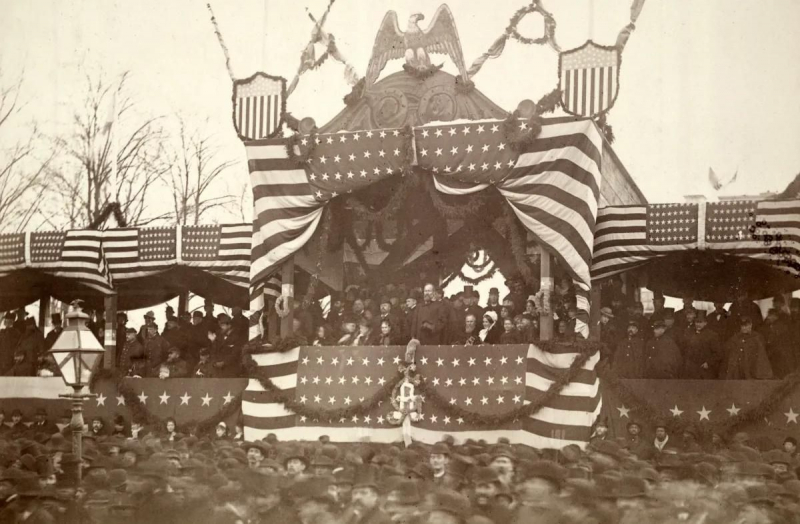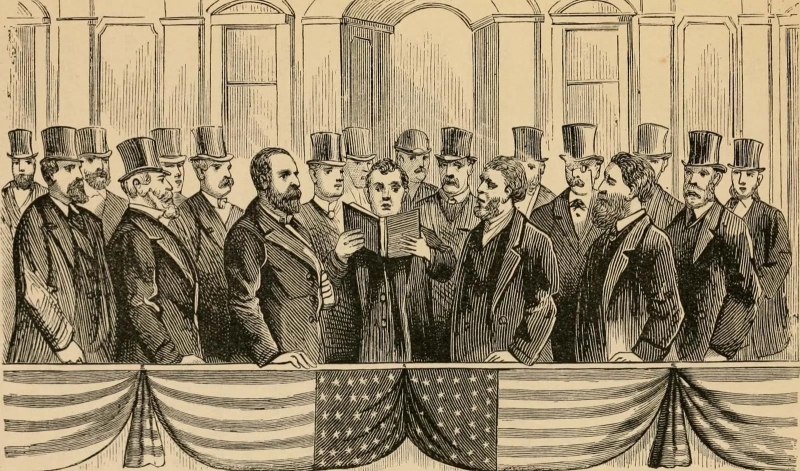He defended civil rights
A few presidents in or around the time of Garfield, including Andrew Johnson and Woodrow Wilson, held unfavorable opinions on Reconstruction and civil rights. But Garfield was very explicit about what he thought. He declared in his inaugural address that the greatest significant political shift since the establishment of the Constitution in 1787 was the elevation of the Negro race from slavery to full citizenship. No reasonable person can overlook its positive impact on our institutions and people. Both the master and the slave have been freed from a relationship that has harmed and diminished both of them. In his dedication to the cause of civil rights, James Garfield put up key ideas for legislation that was later passed.
James Garfield's political platform was developed as a result of his ardent advocacy for civil rights and vehement opposition to government corruption. A federal statute enacted in 1883 under his initiative, the Pendleton Civil Service Reform Act, established the practice of assigning government employment based on qualifications rather than political affiliation. James Garfield advocated for a federally financed universal education program that would be free for all Americans in support of civil rights, and he selected freed slaves for government positions. In addition, Garfield named four black individuals to his administration, including activist Frederick Douglass as the District of Columbia's recorder of deeds.












